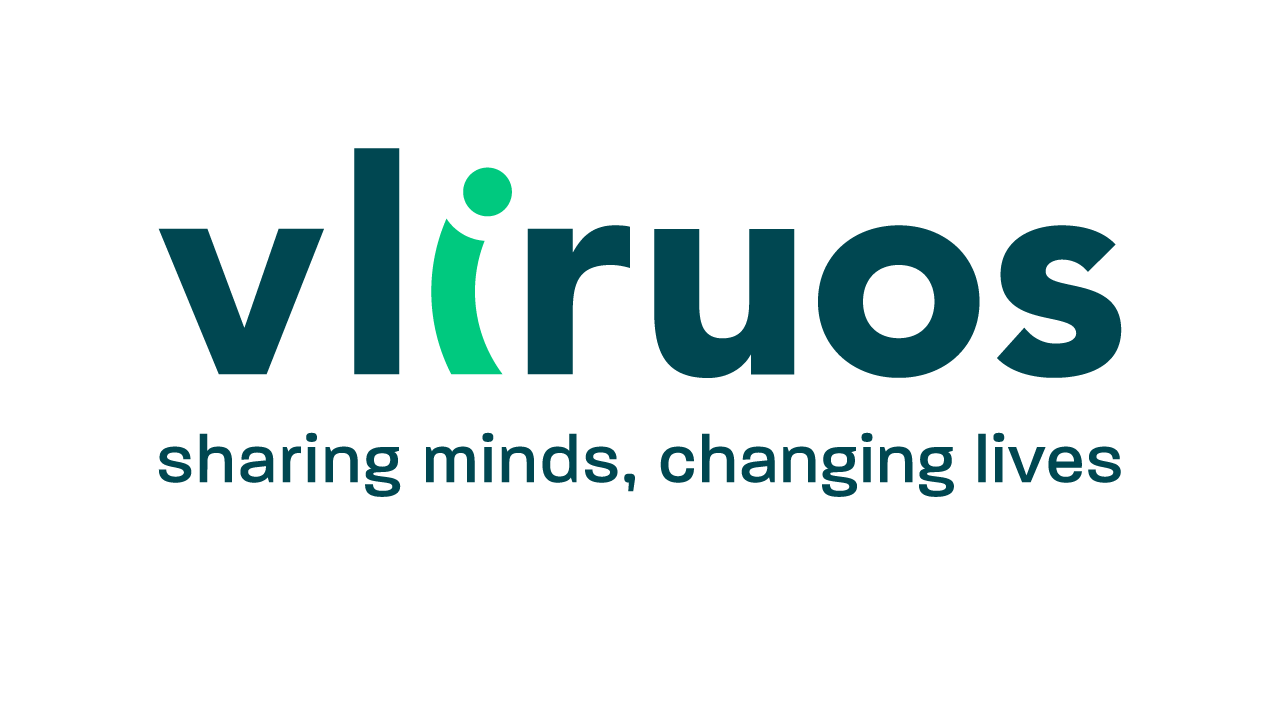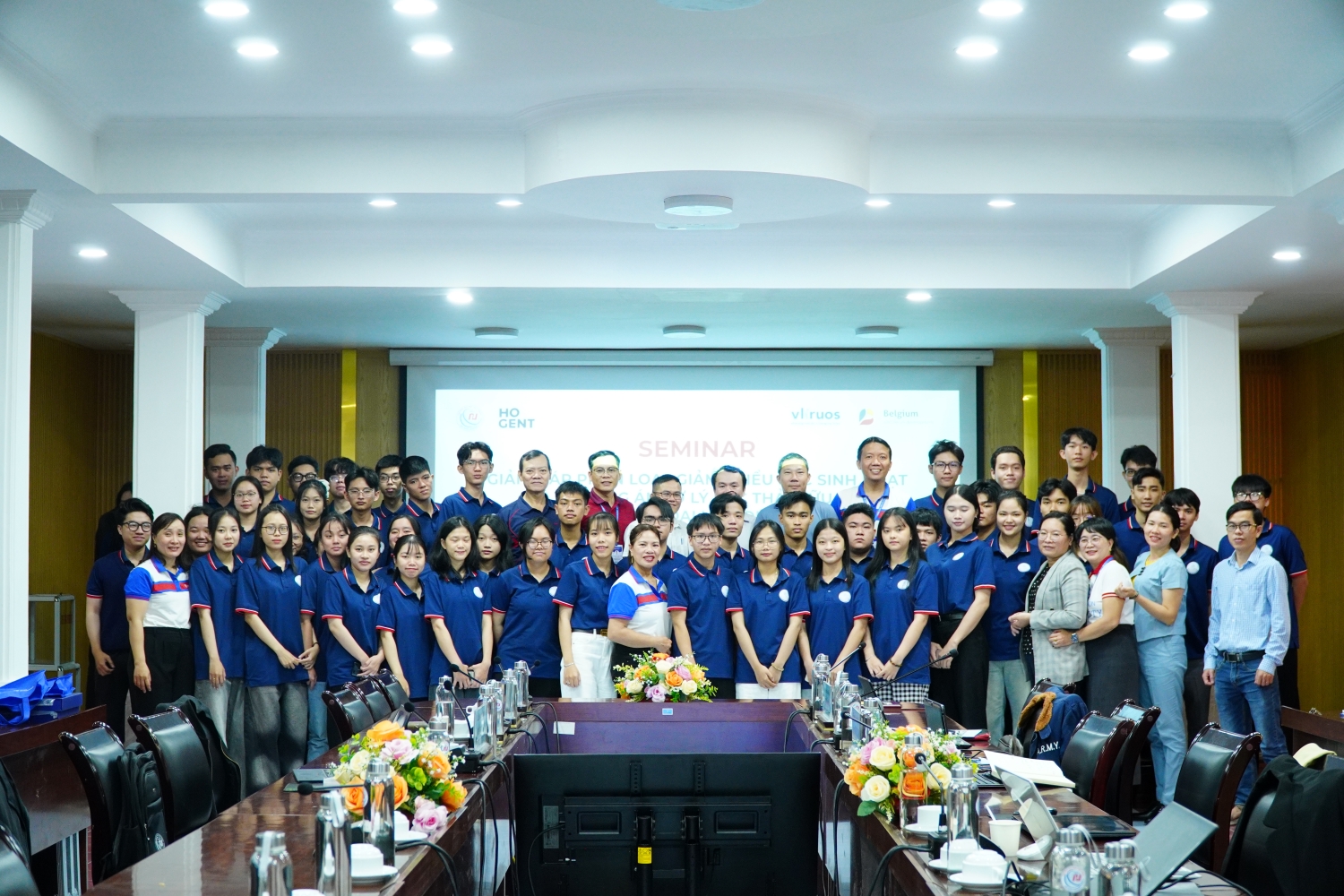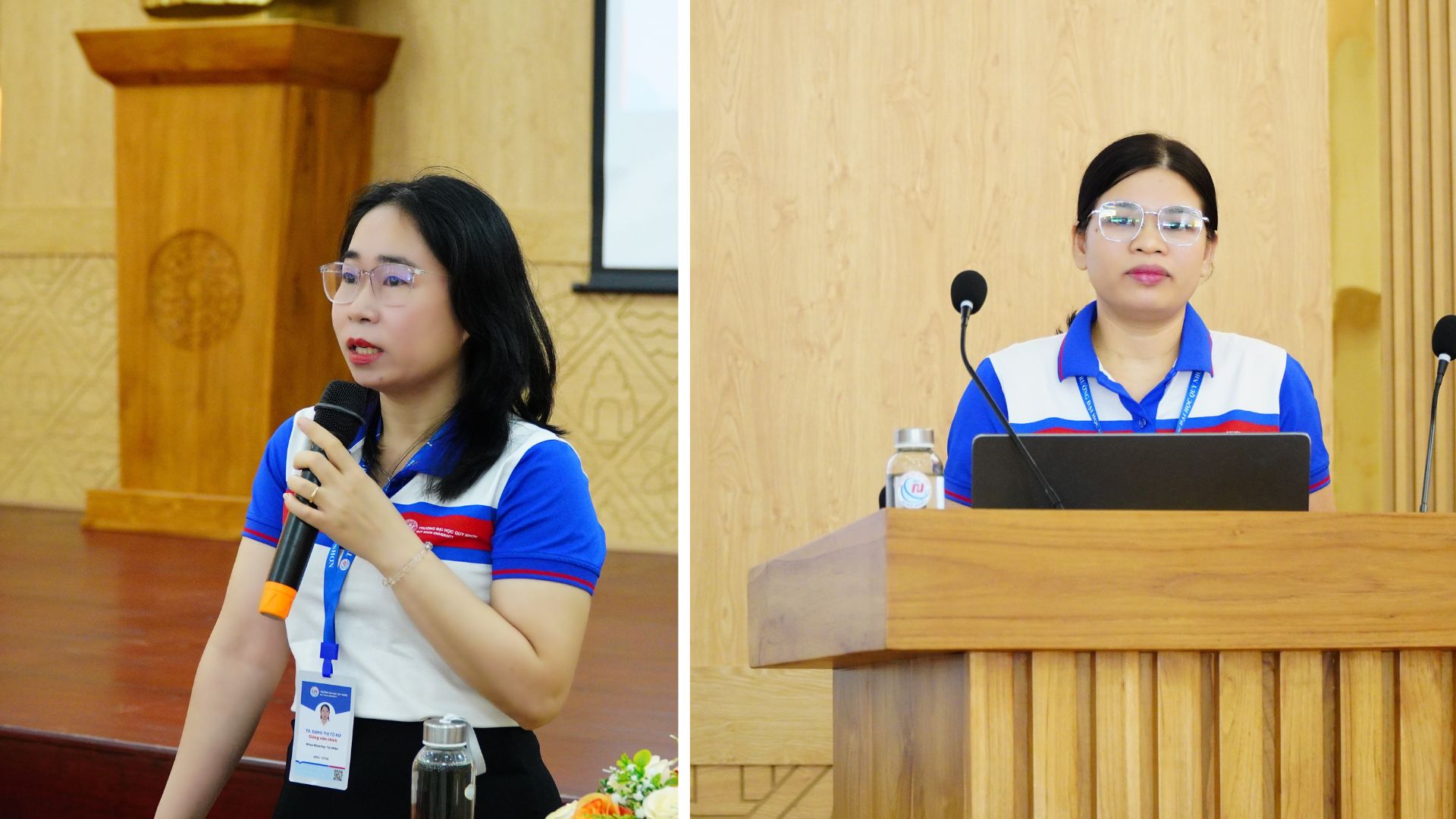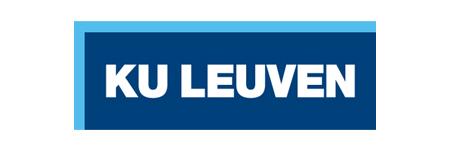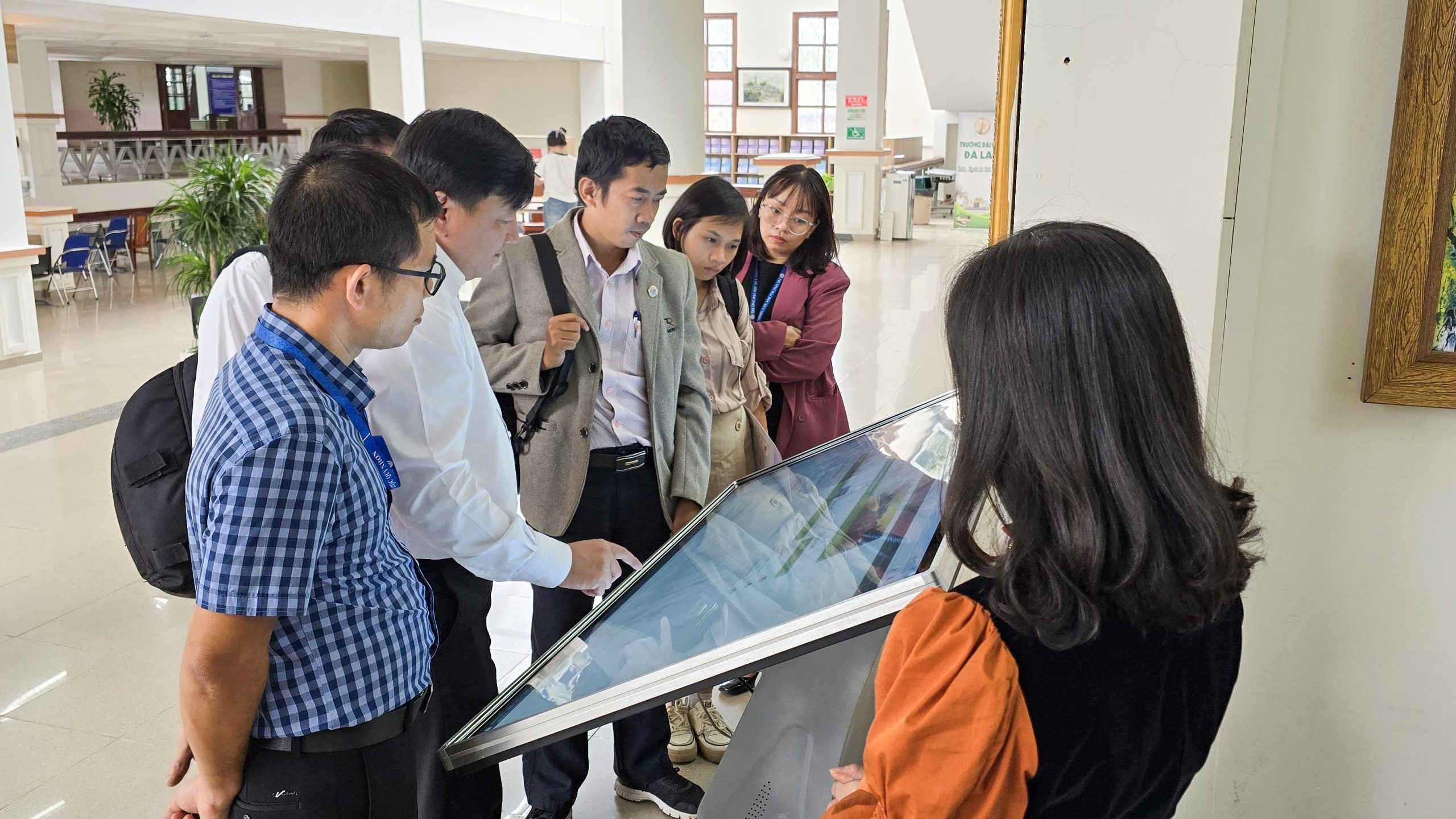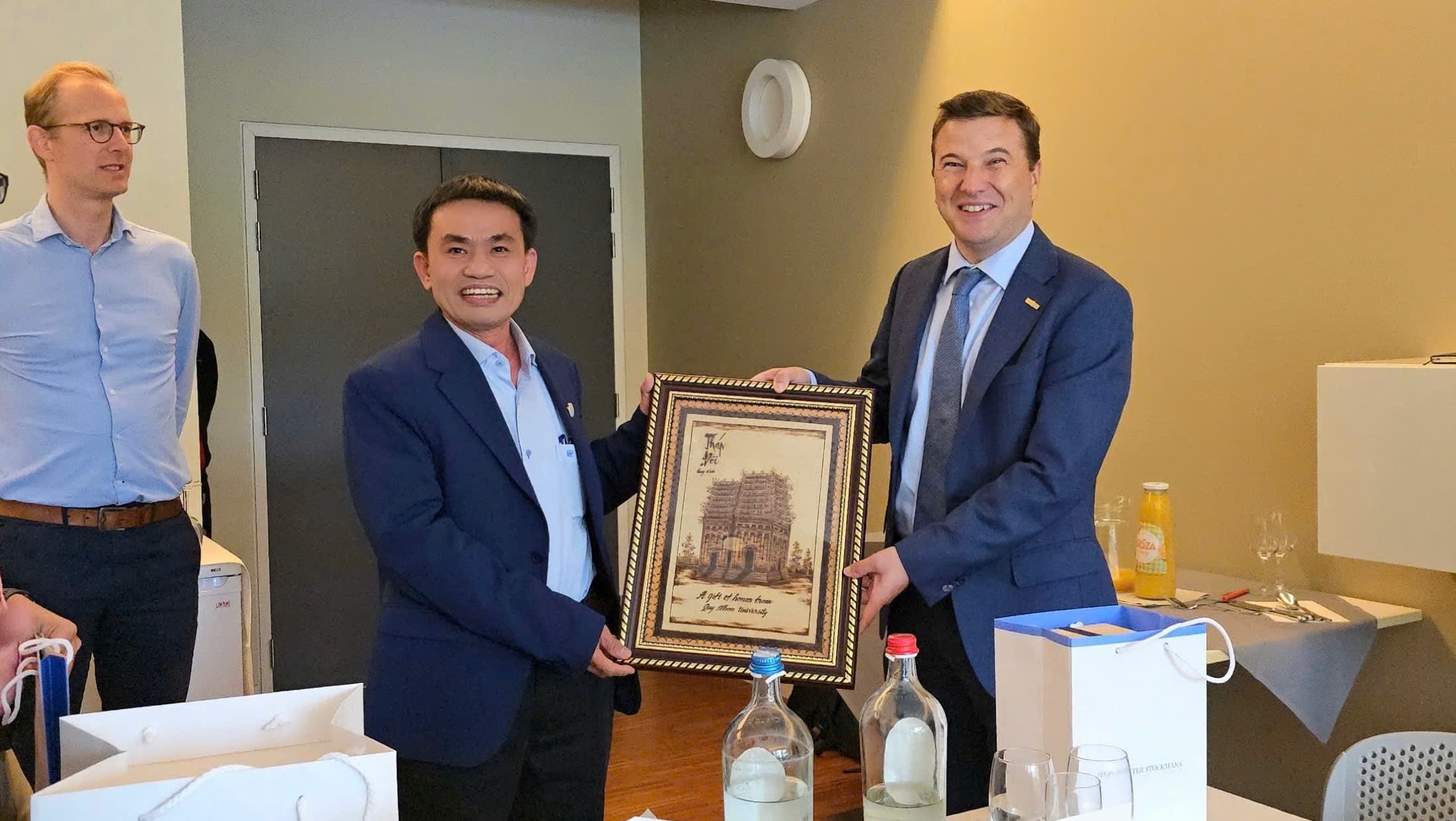Introduction to the Project 5
Like most Vietnamese fruits, the dragon fruit and jujube supply chains frequently face particular risks, such as imbalance between supply-demand, price volatility, and effect of climate change. This leads to instability of the local farmers’ livelihoods. In addition, farmers, the first actor in the supply chains has not fully been aware of quality control and producers’ responsibility for their agricultural products, which raises consumer skepticism as to the fruit’s safety. Project 5 of the IUC program aims to increase the income of the targeted local farmers and the value in the dragon fruit and jujube supply chains by establishing risk assessment and risk management models for these supply chains. Meanwhile, the research and teaching capacities of Quy Nhon University on agricultural supply chain will be enhanced. The project will adopt the Participatory Guarantee Systems (PGS) mechanism, which stands out from other quality assurance systems because of its low cost and reduced administrative burden. Through encouraging the involvement of various stakeholders in the quality monitoring process, PGS is expected to connect all actors in the supply chain and promote their roles in quality control, so that the added value will be shared in more sustainable ways. The project has also facilitated inclusive business models, in which local farmers have gained market access for their products thanks to their sustainable production, resulting in either higher sale price or saving agricultural input investment. To facilitate the inclusive business model, various approaches will be applied, such as classification of fruit quality, increasing traceability and diversification of buyers/sale channels.

Project team members discussing the project short-term and long-term objectives
In the first five years, the models will be completed and scaled up in Ninh Thuan province for jujube and in Binh Thuan province for dragon fruit. The project will focus on the most important stages along the current fruit supply chains. The efficiency of the promising scenarios will be tested in the next pilots to optimize the risk assessment and risk management models.
The project is in synergy with Rikolto Vietnam – an organization with more than 10 years of experience in applying PGS to a number of agricultural products in Vietnam.
The long-term objective of this project is to improve the supply chain sustainability of jujube, dragon fruit and other fruit through the University’s extension services in agricultural risk assessment and risk management. In this stage, the models for the dragon fruit and jujube supply chains will be optimized for other provinces where the two fruits are cultivated. Furthermore, study will be continued for other agricultural produce in the region. The success of the project will offer value to all actors in the fruit supply chains and constitute an important contribution to a sustainable local development.


